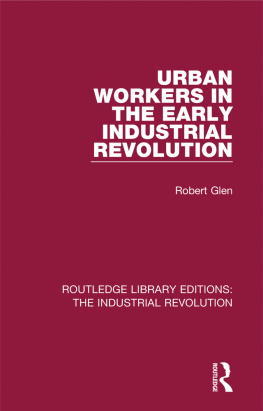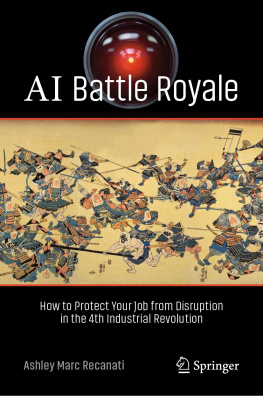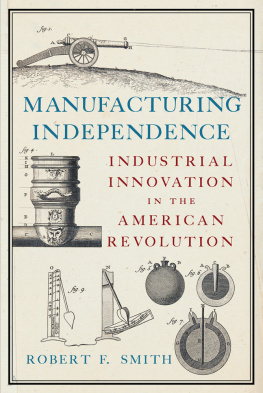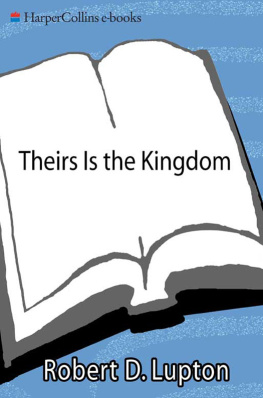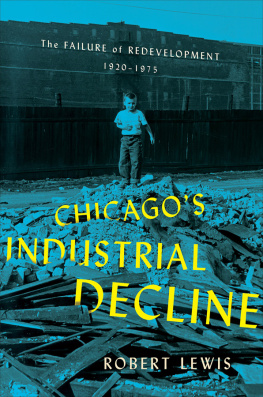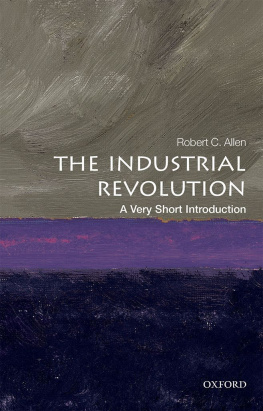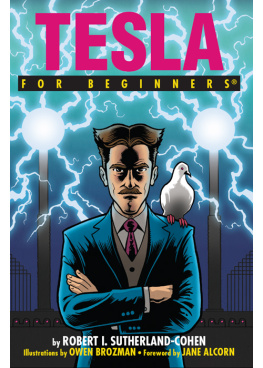Robert Glen - Urban Workers in the Early Industrial Revolution
Here you can read online Robert Glen - Urban Workers in the Early Industrial Revolution full text of the book (entire story) in english for free. Download pdf and epub, get meaning, cover and reviews about this ebook. year: 2019, publisher: Routledge, genre: Politics. Description of the work, (preface) as well as reviews are available. Best literature library LitArk.com created for fans of good reading and offers a wide selection of genres:
Romance novel
Science fiction
Adventure
Detective
Science
History
Home and family
Prose
Art
Politics
Computer
Non-fiction
Religion
Business
Children
Humor
Choose a favorite category and find really read worthwhile books. Enjoy immersion in the world of imagination, feel the emotions of the characters or learn something new for yourself, make an fascinating discovery.
- Book:Urban Workers in the Early Industrial Revolution
- Author:
- Publisher:Routledge
- Genre:
- Year:2019
- Rating:3 / 5
- Favourites:Add to favourites
- Your mark:
- 60
- 1
- 2
- 3
- 4
- 5
Urban Workers in the Early Industrial Revolution: summary, description and annotation
We offer to read an annotation, description, summary or preface (depends on what the author of the book "Urban Workers in the Early Industrial Revolution" wrote himself). If you haven't found the necessary information about the book — write in the comments, we will try to find it.
Urban Workers in the Early Industrial Revolution — read online for free the complete book (whole text) full work
Below is the text of the book, divided by pages. System saving the place of the last page read, allows you to conveniently read the book "Urban Workers in the Early Industrial Revolution" online for free, without having to search again every time where you left off. Put a bookmark, and you can go to the page where you finished reading at any time.
Font size:
Interval:
Bookmark:

by Routledge
2 Park Square, Milton Park, Abingdon, Oxon OX14 4RN
711 Third Avenue, New York, NY 10017
A catalogue record for this book is available from the British Library
ISBN: 978-1-315-16309-3 (Set) (ebk)
ISBN: 978-1-138-70635-4 (Volume 2) (hbk)
The publisher has gone to great lengths to ensure the quality of this reprint but points out that some imperfections in the original copies may be apparent.
The publisher has made every effort to trace copyright holders and would welcome correspondence from those they have been unable to trace.
London, Canberra
Glen, Robert
Urban workers in the early industrial revolution. - (Croom Helm studies in society and industry)
1. Industry - Social aspects - Stockport (Greater Manchester: District)
2. Stockport (Greater Manchester: District) - Industries - History
I. Title
303.4'83'0942734 HD60.5.G7
ISBN 0-7099-1103-3
St, Martin's Press, Inc., 175 Fifth Avenue, New York, NY 10010
Printed in Great Britain
First published in the United States of America in 1983
Glen, Robert.
Urban workers in the Industrial Revolution.
1. Labor and laboring classes - England - Stockport
(Greater Manchester) I. Title.
HD8400.S72G53 1983 305.5'62'0942734 83-43002
ISBN 0-312-83472-1 (St. Martin's Press)
My Grandmothers
New Haven
Font size:
Interval:
Bookmark:
Similar books «Urban Workers in the Early Industrial Revolution»
Look at similar books to Urban Workers in the Early Industrial Revolution. We have selected literature similar in name and meaning in the hope of providing readers with more options to find new, interesting, not yet read works.
Discussion, reviews of the book Urban Workers in the Early Industrial Revolution and just readers' own opinions. Leave your comments, write what you think about the work, its meaning or the main characters. Specify what exactly you liked and what you didn't like, and why you think so.

